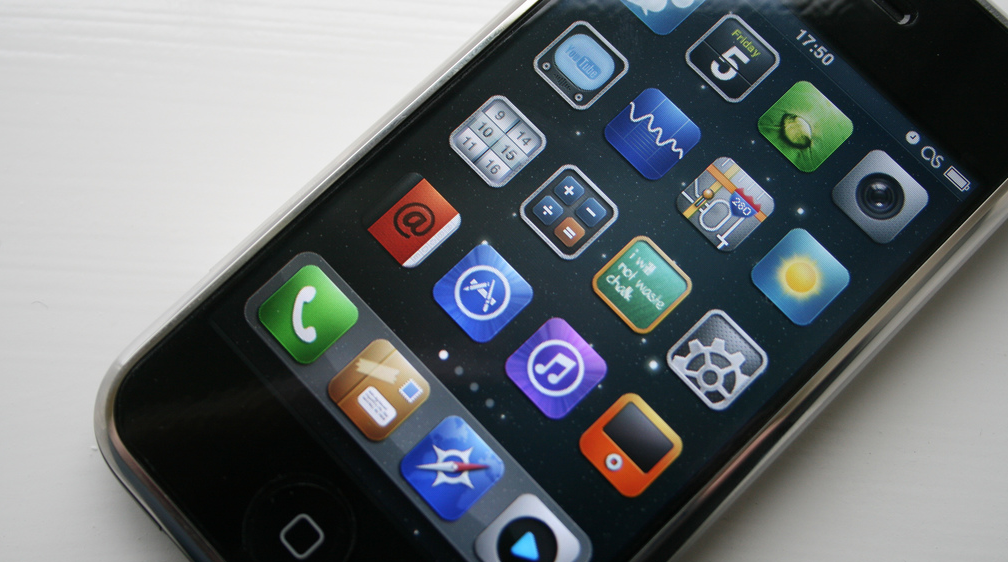In 2012 Apple bought a fingerprint scanning company, called AuthenTec, for more than $350 million dollars. Wouldn’t it make sense if Apple bought this company and its patents with the intent on adding similar technology to future Apple devices?

Photo by William Hook
So what would Apple add fingerprint scanning to? It wouldn’t make sense to add it to their computers or laptops because 3rd party fingerscanners already exist. If you need fingerprint scanning for your computer or laptop you can just buy the scanner and plug it in via USB.
However that can’t be said with the iPhone and iPad line. There is currently no way to protect your device through fingerprint scanning. Which makes the iDevice line the best candidate for a fingerprint scanning upgrade.
Meet the Other iPhone Problem
Not only do a lot of analysts predict that fingerprint scanning will be added to the iPhone 5S, but they also predict that the home button will be replaced. The current home button is prone to breaking because it’s a physical button. After a while the spring and button itself become so misaligned that is stops responding.
The Solution
The solution to this is actually a simple touch button. Touch buttons are seen in nearly all Android phones, such as the Galaxy S series. Touch buttons are actually more reliable than the physical home button Apple currently uses.
Now here’s where it gets interesting… In order to open your phone using a touch-enabled home button, you have to put your thumb onto it. Replacing the old physical button with a touch-enabled one doesn’t make sense just for making it more durable, but it also gives Apple an opportunity to add a fingerprint scanner to it.
Instead of having to press your thumb onto a button and enter your 4-digit passcode to access your phone; fingerprint scanning will open your phone with just one press of a finger.
Even PayPal hopes that the next iPhone will make conventional passwords useless. Not only are character passwords annoying to type in, but they are also a security risk. Fingerprint scanners use a generated FIDO authentication which can be used with a multitude of sites and applications.
It Has a Lot of Potential
Instead of having to enter your pass code every time you want to use your phone or download an app, imagine simply doing these things by touching the home button. Even more: imagine that if your child opens your phone using their finger, they won’t have access to messages, internet browsers, or app downloads. If you open your phone using your finger then everything will become available to you.
Your finger will literally tailor the phone to your preferences. Imagine how much marketing Apple could do with such a nifty idea.
There’s even potential for receiving alerts when someone else tries accessing your phone using their fingerprint. Theft rates might also drop.Before thieves learn about the fingerscanning home button they will be basically send their fingerprints straight to Apple (and the police) when using stolen devices. Maybe a thieve could restore an iPhone to get rid of the lock and then tape the home button so their finger can’t be scanned.
But if you saw someone using an iPhone with a taped up home button, that would look pretty suspicious. What would be even more interesting is if Apple gave you the option to never restore your device without your fingerprint: which would essentially make a stolen iDevice worthless to thieves.
Does it Breach Our Privacy?
Better solutions and technology such as fingerprint scanners may improve our lives. At first… But imagine how you’d feel if companies and applications sold your fingerprint data, along with your name/age, for advertising purposes.
Banks rig finances, oil companies rig finances, what’s to stop Apple or Google from selling your data for money? What’s to stop them from being hacked and leaking all of your private data? Even big companies like Amazon have wreaked havoc for their users by having vulnerable systems. Do you really want to trust your life with a company’s “word of honor?”
Article written by Octavian Ristea.